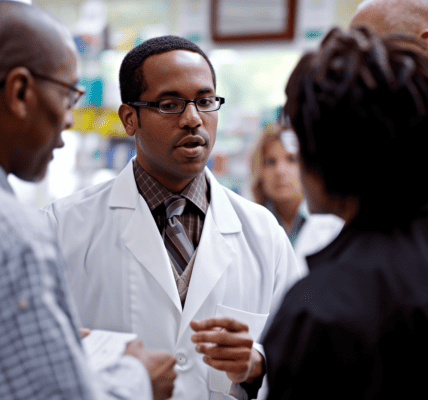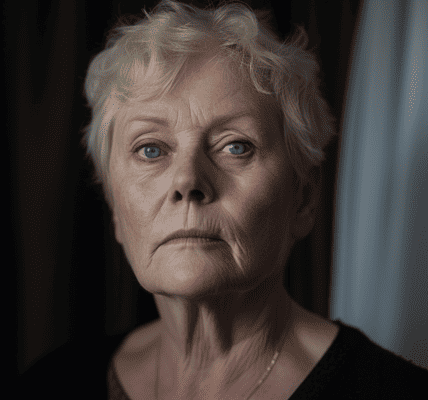Top doctors are cautioning against the use of expensive blood tests that claim to detect 50 types of cancer, emphasizing the importance of not skipping regular screenings. Multi-cancer detection tests (MCDs) have gained popularity as potential alternatives to invasive procedures like colonoscopies and mammograms. These tests, primarily involving blood draws, aim to identify abnormal proteins and cells indicative of cancer.
Similar to the controversial full-body MRI scans endorsed by celebrities like Kim Kardashian and Gwyneth Paltrow, many MCDs assert the ability to detect cancer before symptoms manifest, enabling early-stage diagnosis. However, experts speaking at the American Society of Clinical Oncology meeting in Chicago have expressed reservations, stating that although initial studies are promising, they do not recommend widespread adoption of these tests as they are not yet fully validated.
Concerns raised by doctors include the potential for false positives from MCDs, leading to unnecessary follow-up tests for patients. Moreover, these tests are not covered by insurance, with each test costing over $1,000. The cautionary advice from healthcare professionals coincides with recent updates to screening guidelines for colorectal and breast cancers, aiming to address the rising incidence of these diseases among young individuals.
Dr. Chyke Doubeni, a family medicine expert at Ohio State University, highlighted the lack of conclusive evidence supporting the efficacy of MCDs, stating that these tests are not currently deemed suitable for widespread use due to the inherent risks involved. He emphasized the potential for harm associated with these tests, regardless of the perspective.
While some recent studies, including trials conducted by the University of Oxford, have shown promising results for MCDs, with one study identifying 182 distinct proteins in blood samples of individuals diagnosed with cancer compared to those without the disease, the overall readiness and reliability of these tests remain under scrutiny.





